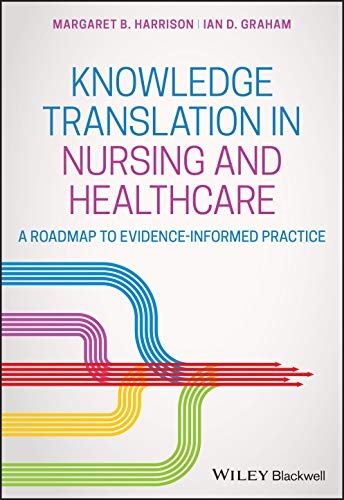

Most ebook files are in PDF format, so you can easily read them using various software such as Foxit Reader or directly on the Google Chrome browser.
Some ebook files are released by publishers in other formats such as .awz, .mobi, .epub, .fb2, etc. You may need to install specific software to read these formats on mobile/PC, such as Calibre.
Please read the tutorial at this link: https://ebookbell.com/faq
We offer FREE conversion to the popular formats you request; however, this may take some time. Therefore, right after payment, please email us, and we will try to provide the service as quickly as possible.
For some exceptional file formats or broken links (if any), please refrain from opening any disputes. Instead, email us first, and we will try to assist within a maximum of 6 hours.
EbookBell Team

4.7
66 reviewsKnowledge Translation in Nursing and Healthcareprovides authoritative guidance on the implementation of evidence-informed practice, covering issue identification and clarification, solution building and implementation, evaluation, and sustainment. Integrating theory, empirical research, and experiential knowledge, this hands-on resource assists nurses and healthcare practitioners in collecting quality evidence, transforming it into a useable, customized recommendation, and then applying best practice in various point-of-care settings. Written by highly experienced implementation researchers working with practitioners, the book demonstrates how the synthesis and translation of evidence supports improvement of existing care and service delivery models, and produces increased benefit for both patients and health services. Examples drawn from the authors' first-hand experience—such as pressure injury prevention in acute care, transition of care for people with heart failure, and community leg ulcer care—illustrate the use of best practice in addressing care and quality issues. This important reference and guide: Knowledge Translation in Nursing and Healthcareis a must-have for those wanting to implement, evaluate, and sustain best practice in the delivery of evidence-informed healthcare to patients, families, and communities.